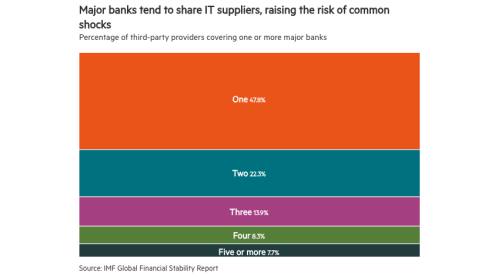The Banker's international financial centres (IFCs) rankings put Moscow in 36th place this year, down from last year's 30th. Does this mean that Moscow is an outsider with diminishing chances of becoming an influential financial centre in the near future? And how does it relate to other emerging markets' IFCs?
Undoubtedly, Moscow ranks high among the rising regional financial capitals of the world. Today, Moscow is the largest centre of capital concentration both in the post-Soviet space and in central and eastern Europe (CEE). As the original centre of Russia's financial system, Moscow accounts for more than 80% of the country's money flows and more than a half of Russian banking capital. The city houses close to 90% of the Russian headquarters of foreign banks and international financial organisations doing business in the country, and is the centre for virtually all Russian trade in securities organised on exchanges.







